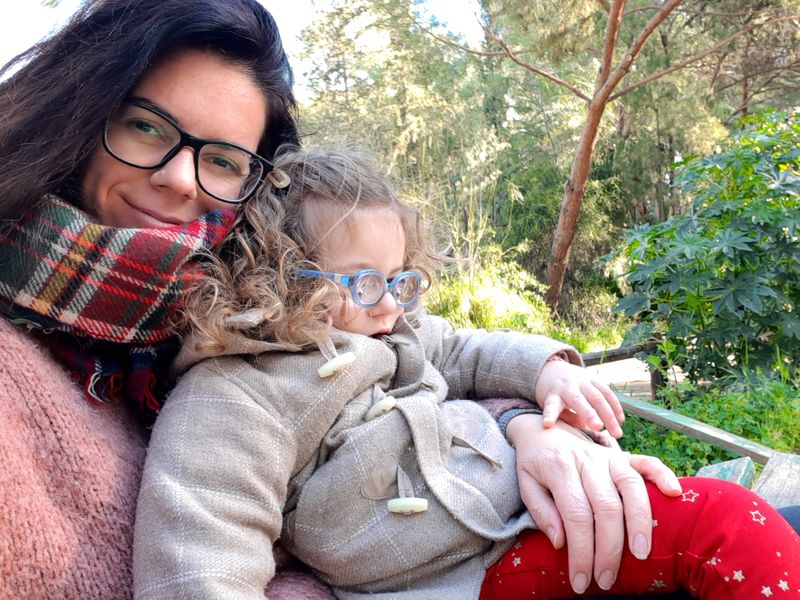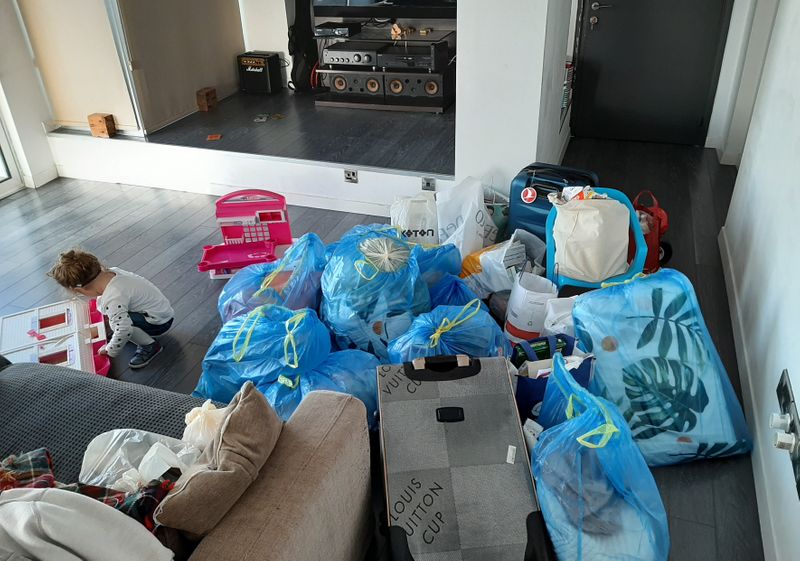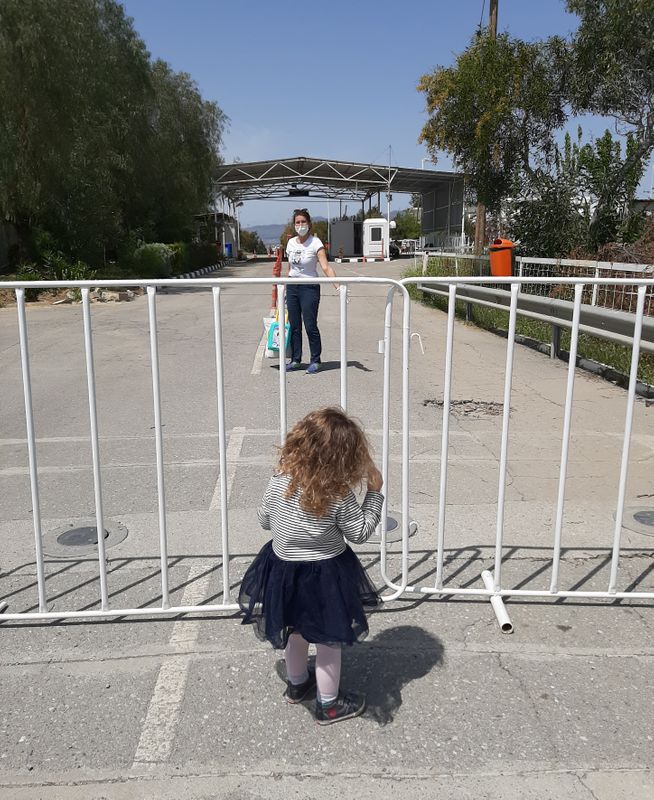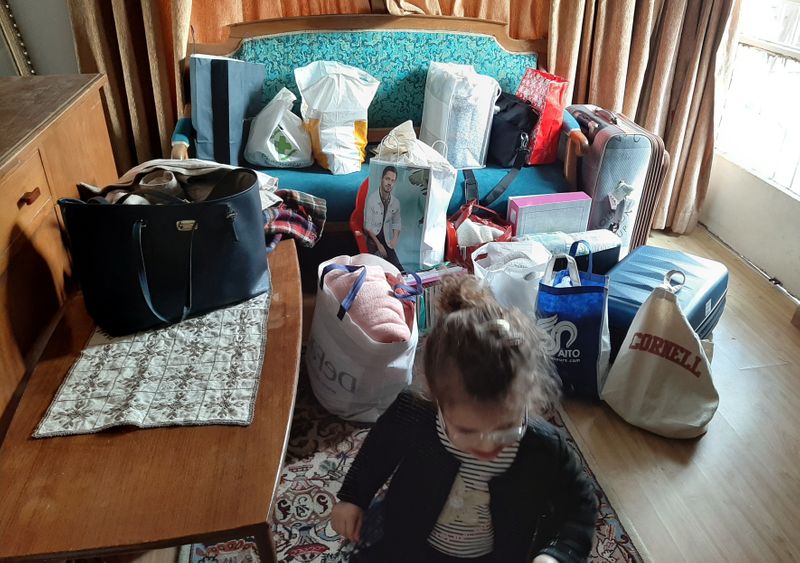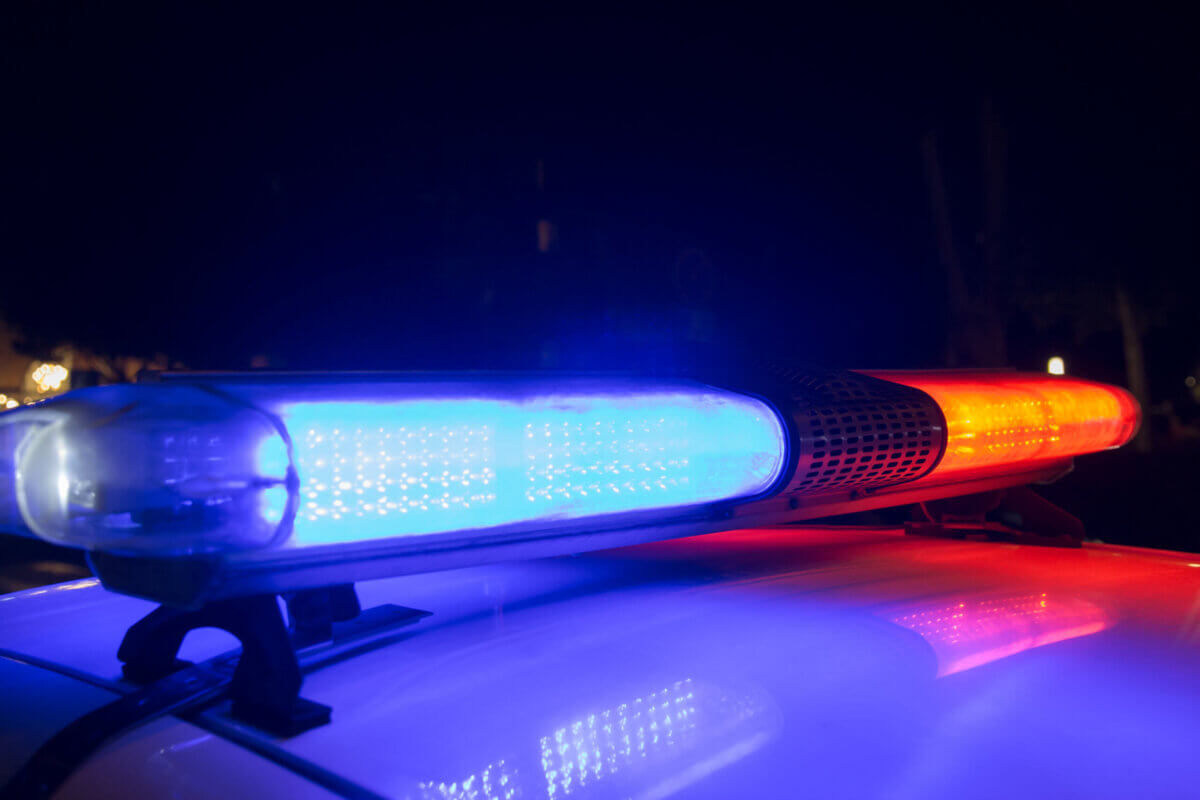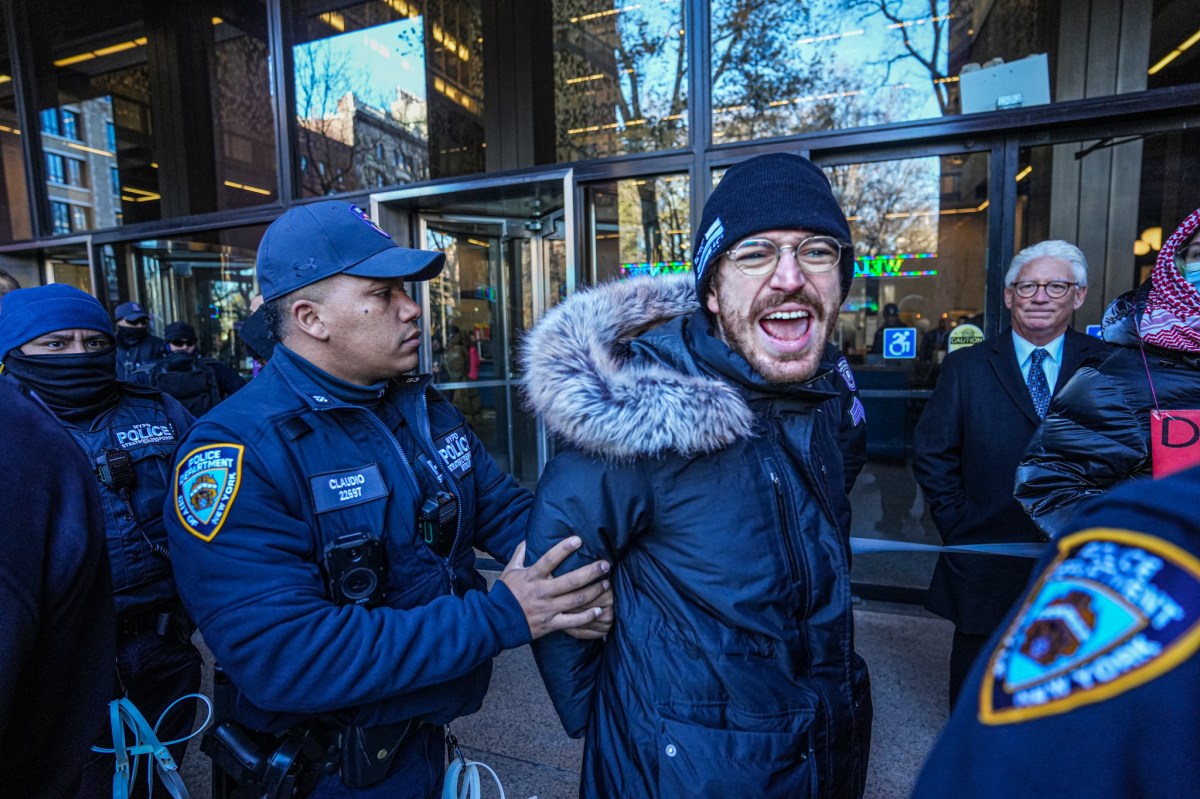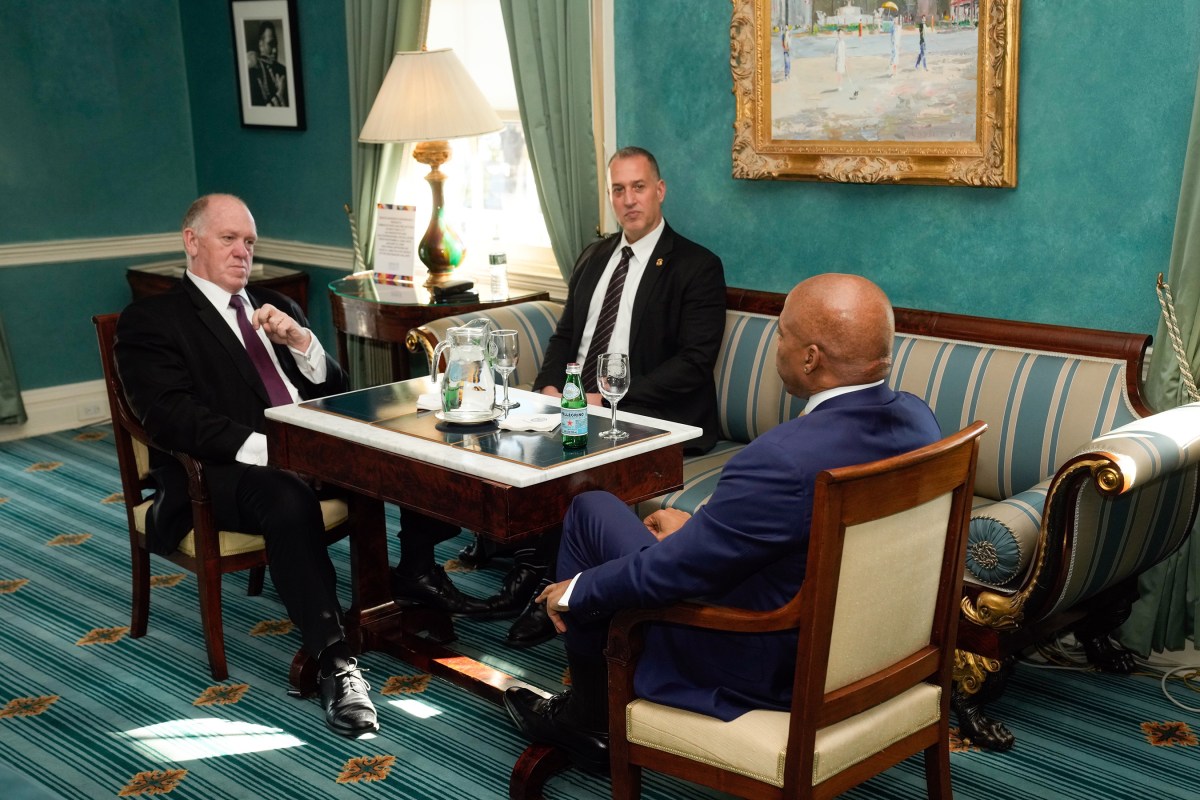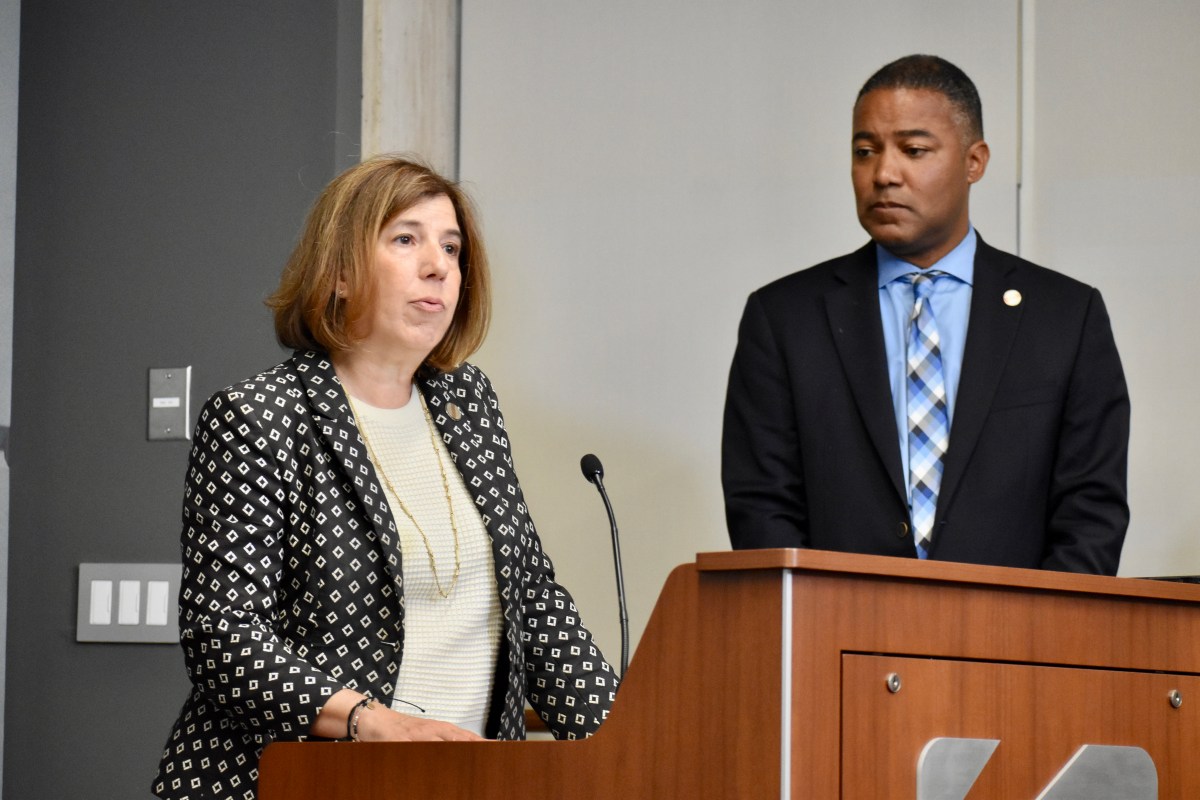NICOSIA (Reuters) – Deniz Birinci had just hours to stuff her and her baby daughter’s belongings into suitcases and bin bags on March 16 before the two sides on the divided island of Cyprus imposed lockdowns to halt the spread of the new coronavirus.
An ethnic Turkish Cypriot, Birinci had to move to the Greek Cypriot south of the divided capital Nicosia so her two-year-old daughter could continue to receive medical treatment. Olivia Shule has glaucoma and there is just one physician on the entire island, in the south, who can treat her.
Nearly two months on, they are still living out of suitcases and have moved three times, even though their home is just five minutes away, in the Turkish Cypriot north of the city. If they moved back, they would face 14 days in quarantine – and then another 14 days if they returned to the south.
“I seriously needed to relocate, like become a refugee in my own town ,” Birinci, a 39-year-old communications consultant, told Reuters.
She has applied for unhindered access between the north and south on humanitarian grounds but has yet to receive a response.
Doctors say her baby needs surgery to avoid losing her eyesight and that can only be performed abroad, but international flights to and from Cyprus remain suspended
Birinci is one of thousands of Cypriots caught in limbo since the internationally recognised Greek Cypriot government and the breakaway Turkish Cypriot state in the north both imposed stringent lockdowns but without consulting each other.
“I think what has been lacking since the beginning is cooperation between the two sides,” said Hakan Karahasan, another Turkish Cypriot badly affected by the lockdown.
The 41-year-old university lecturer has been separated from his Greek Cypriot girlfriend because he could not take the risk of checkpoint closures keeping him away from work in the north.
The plight of Karahasan, Birinci and others reveals how interdependent the two politically-estranged communities have grown since Cypriots were first allowed in 2003 to cross the United Nations-monitored partition of their island.
That move ended decades of segregation and conflict which peaked when Turkish forces invaded the north of the island in 1974 after a failed Greek-inspired coup.
NO WORK
Like thousands of other Turkish Cypriots, Serkan Yavas usually crosses daily to the south for work. He has a job in the construction industry but has now been trapped at home in the north for two months and is increasingly frustrated.
“Both sides are declaring the virus under control. So why aren’t they letting us through?” said Yavas, who represents a division of the Cyprus Socialist Party of individuals working in the south.
More than 1,500 people that he is personally aware of and who would cross daily to the south for work have faced difficulties in accessing furlough benefits from the Greek Cypriot government, Yavas said.
There is growing concern over when the checkpoints – now effectively closed due to the quarantine rules – will be fully reopened, he said, even though both Greek and Turkish Cypriot authorities have started to ease some lockdown measures.
Cypriot President Nicos Anastasiades laid out a roadmap on April 29 for a gradual resumption of economic activity, but made no mention in his speech of reopening the checkpoints.
The Cypriot government, whose writ only effectively runs in the south of the island, did not immediately respond to a request from Reuters for comment.
As of Tuesday, the Greek Cypriots had reported 878 cases of COVID-19, the respiratory disease caused by the coronavirus, and 15 deaths. The Turkish Cypriots had 108 cases and four deaths.
For now, the anxious mother Birinci is able to see members of her family once a week across metal barricades in the no-man’s-land controlled by the United Nations at a checkpoint in Nicosia, but no touching is allowed.
Her mother has brought her food in plastic containers, and her daughter’s toys left behind in the rush to leave. The items are left in bags on the tarmac.
“Right now I don’t know what I’m doing or where I will be,” she said. “It’s just killing me.”
(Reporting By Michele Kambas; Editing by Gareth Jones)

